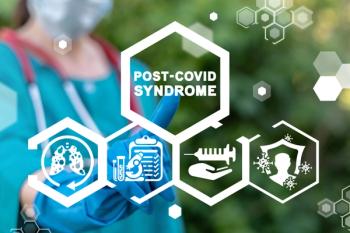
In this CME article, learn more about the common neuropsychiatric sequelae of post-acute sequelae of COVID-19, the underlying neurobiological mechanisms, and evidence-based treatments and interventions.

In this CME article, learn more about the common neuropsychiatric sequelae of post-acute sequelae of COVID-19, the underlying neurobiological mechanisms, and evidence-based treatments and interventions.

The prevalence of tobacco use in schizophrenia is over 60%—3 times that of the general population. However, the reason for the high prevalence of tobacco use in schizophrenia remains largely unknown.

Learn more about key findings on sex differences in cognition, exploring the possible causes and implications for clinical practice.

Disruptions to cognitive control, as well as to emotional processes, are implicated in a wide range of psychiatric disorders.

Cognitive symptoms affect between 85% and 94% of patients with major depressive disorder. Despite this prevalence, cognitive dysfunction often remains undertreated and inadequately addressed in routine clinical practice.

Review various aspects of cognition in our latest Special Report.
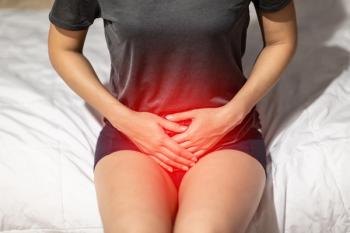
Learn more about a condition that is often underestimated and mistaken for typical premenstrual symptoms or mood swings: premenstrual dysphoric disorder.
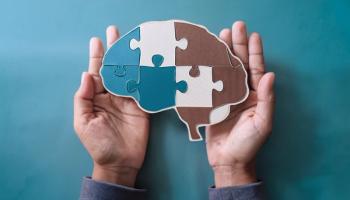
Ketamine or ECT? A new study reveals which works best for severe depression—depending on the patient and setting.

"I guessed heart failure. The answer was pneumonia."

March 17 through March 23 is National Drug and Alcohol Facts Week 2025.

Although diagnostic criteria for a depressive episode are the same for unipolar major depression and bipolar depression, these episodes differ in their natural history.

A one-size-fits-all approach does not work—each mother’s experience with postpartum depression is unique.

Increased awareness of catatonia and its treatment among health care providers, especially in underresourced areas, is essential for improving patient outcomes.
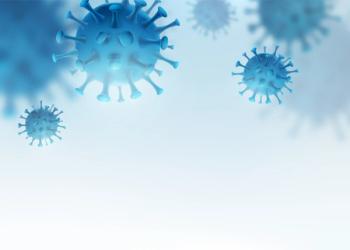
A single dose of psilocybin was associated with a significant and sustained reduction in depressive symptoms and possible improvement of PTSD and burnout experienced by clinicians from the front line of the COVID-19 pandemic.

In a survey capturing the lived experiences of individuals with schizophrenia on antipsychotic medications, 27% of participants reported that antipsychotics had done “more harm than good.”

Epidemiological data show that rates of anxiety, depression, self-injurious behaviors, and suicidality increased for Gen Z in significantly higher numbers than previous generations.
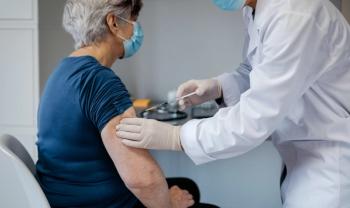
The impacts of this pandemic continue to ripple. All we can do is try our best to stay informed. That’s where we come in.

Dumb idea: We should expect rates of mental illness to melt away due to widespread treatment.

How do psychiatrists and mental health professionals respond when faced with disaster? One psychiatrist shares his story.